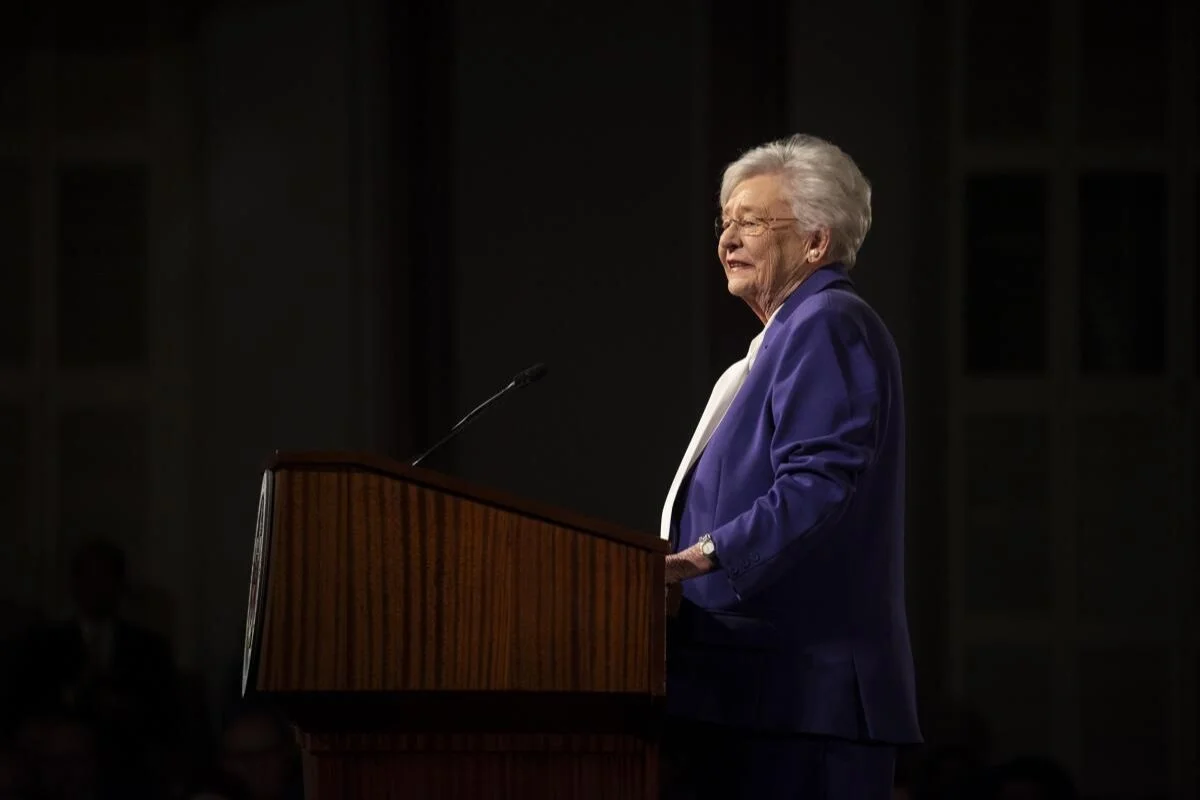Governor Bans School Diversity Programs: Alabama Governor Kay Ivey’s recent decision to ban diversity programs in schools has sparked debate. The law prohibits initiatives promoting diversity, equity, and inclusion. Critics argue it stifles discussions on systemic inequities and racial issues. Supporters believe such programs can sow division among students.
The move reflects a national trend of challenging left-leaning influences in education. Proponents posit that concepts like critical race theory paint a negative picture of America’s past. Opponents stress the importance of addressing systemic inequalities through inclusive educational practices. The decision signifies a broader discussion on DEI in education.
Alabama Governor Signs Law Banning Diversity Programs in Schools
Following the enactment of a controversial law by Alabama Governor Kay Ivey, public schools in the state are now prohibited from implementing diversity, equity, and inclusion programs. This move, aligning Alabama with a trend in some Republican-led states, aims to curb what is perceived as a leftward tilt in U.S. education.
The legislation, passed by Alabama’s Republican-led legislature, forbids public schools from maintaining diversity, equity, and inclusion offices and teaching what it terms ‘divisive concepts’ related to race and identity. The banned ideas include attributing responsibility to individuals of one race for actions of their same racial group in the past.
Additionally, the law mandates public institutions of higher education to designate bathrooms specifically for males or females, contradicting calls for gender-neutral facilities from transgender rights advocates.
Governor Ivey highlighted her administration’s commitment to valuing diversity in Alabama but expressed concerns over taxpayer funds being used by what she labeled as a few ‘bad actors’ to advance a perceived liberal political agenda under the guise of DEI initiatives.
Opposition and Criticism Mount Against Alabama’s Anti-DEI Legislation
Critics and opponents of Alabama’s anti-DEI legislation have raised concerns about its potential impact on educational discourse and understanding of historical and contemporary issues related to race and identity.
The American Civil Liberties Union (ACLU) of Alabama criticized the legislation, asserting that it not only censors classroom discussions but also obstructs the teaching of vital topics such as systemic inequities, racial violence, and the ongoing pursuit of civil rights for marginalized groups in U.S. history. The ACLU’s stance reflects broader apprehensions regarding the consequences of such laws on fostering inclusive educational environments and promoting awareness of societal challenges.
Advocates for diversity, equity, and inclusion programs emphasize the necessity of addressing systemic disparities and encouraging intergroup empathy. Alabama’s actions align with a pattern observed in various Republican-led states, including Texas and Utah, where comparable measures have been introduced or passed. This trend signifies a concerted pushback against diversity-focused educational initiatives nationwide, indicating a contentious debate over the role of DEI in shaping school curricula.

ALSO READ: Alabama Bill Expands School Ban on Gender Topics
National Debate Escalates Over DEI in Education
Amidst escalating tensions surrounding Alabama’s ban on school diversity programs, a national debate has intensified over the role of diversity, equity, and inclusion (DEI) initiatives in shaping educational policies and curricula across the United States.
This move in Alabama is emblematic of a broader trend among some Republican-led states to push back against what they perceive as a left-leaning influence in educational settings. Proponents of the legislation argue that DEI initiatives advance an important agenda and foster division among students. Concepts like critical race theory are criticized for promoting a negative perspective on America’s history and for being divisive.
On the other hand, opponents of the ban, including civil rights groups and educators, advocate for DEI programs as vital tools for addressing systemic inequalities and creating inclusive school environments. The ongoing national discussion highlights the complexities surrounding DEI in education and underscores the differing viewpoints on how best to approach diversity, equity, and inclusion within schools.
News in Brief
Alabama Governor Kay Ivey’s recent decision to ban diversity programs in schools has sparked debate. Critics argue it stifles discussions on systemic inequities and racial issues, while supporters believe such programs can sow division among students. The move reflects a national trend of challenging left-leaning influences in education. Proponents posit that concepts like critical race theory paint a negative picture of America’s past, while opponents stress the importance of addressing systemic inequalities through inclusive educational practices.
Alabama’s legislation forbids public schools from maintaining diversity, equity, and inclusion programs and mandates gender-specific bathrooms in public institutions of higher education. The ACLU and other critics condemn the law, citing concerns about censorship and hindrance of vital discussions on race and identity. The national debate on DEI in education continues to intensify amidst growing polarization.

